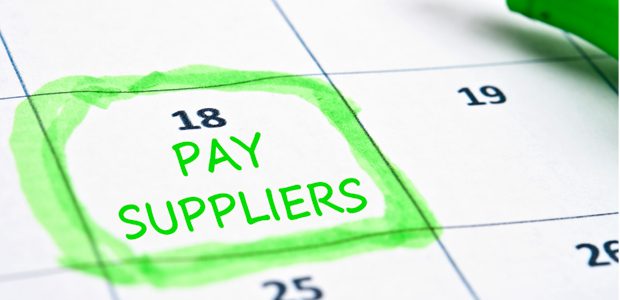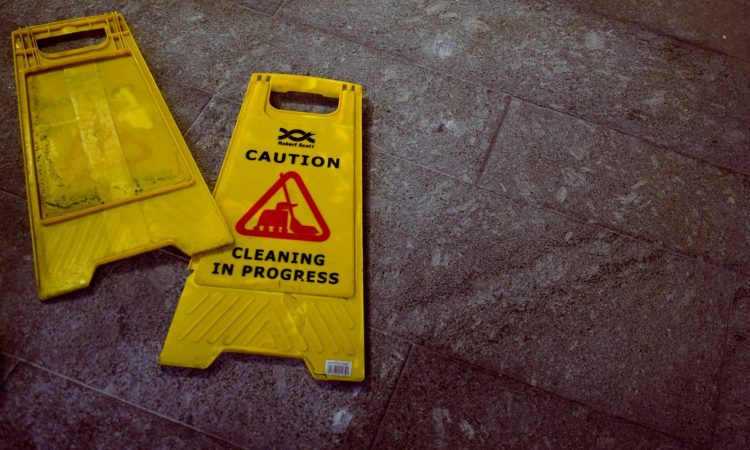
Covid-19 & Managing Your Cash Flow: a guide for businesses
The impact that Covid-19 is having on the running of businesses has become very apparent. This article shall set out the ways in which businesses can attempt to mitigate the harsh economic effects and protect themselves by maintaining cash flow and upholding sound relationships with their creditors i.e. suppliers and lenders.
In respect of managing outstanding business debts, it is important to understand that such liability does not automatically cease because of Covid-19. Due to the economic risk shared by both creditors and debtors, it is not guaranteed nor is it a requirement that such debts would be written off or that payments are automatically suspended.
Court action can still be pursued against debtors who fail to make payment in accordance with the agreed credit terms. This includes issuing proceedings in the usual way to recover monies and take enforcement steps following any judgments made in the creditor’s favour.
This means that creditors can bring insolvency proceedings whereby creditors could serve Statutory Demands on to debtors giving them a certain timeframe within which to pay, before they can then issue proceedings for bankruptcy (if a sole trader) or petition for the winding up of the debtor’s company. Other enforcement options are also available such as securing a Judgment by way of a Charging Order against a property owned by the Debtor. Although, Covid-19 presently prevents enforcement agents attending premises to take control of goods and sell them in order to recover monies to the equivalent value of the debt.
The Courts will expect some level of communication between both parties before proceedings are commenced. A further consideration is that it is important to retain valuable goodwill with suppliers and lenders and foster effective communication in readiness for when the situation is over and business life returns to normal.
Before their situation worsens, debtors should be proactive and check credit terms and invoice terms to see if there are any circumstances in which payment of debts can be suspended. If not, they need to get in touch with creditors as soon as possible to discuss alternative arrangements and more favourable payment terms. It could be that debtors request ‘payment holidays’ whereby they ask that repayment be suspended until the Government’s protective measures have been lifted. Alternatively, they could seek reduced payments.
It is likely that creditors will also want to protect their financial position and therefore will be resistant to payment holidays. It is wise therefore, to consider putting forward proposals of a payment plan. This could involve proposing that debts are paid in monthly instalments for an agreed period of time with a higher interest rate; or that repayment happens over a shorter period, but that interest is put on hold until protective measures are lifted.
For the protection of both parties, it is always sensible to keep accurate records of such discussions and even draw up a written agreement which details the new repayment terms, just in case.
Alternative support will also be given through the Government who have set out various packages which are available to businesses to counteract any disruption faced by the current circumstances; the aim being to offer “temporary, timely and targeted” measures to support such businesses. Further details can be found here.
Our Litigation and Dispute Resolution team at Hopkins are committed to providing tailored legal advice to businesses on a wide range of civil disputes. If you require assistance from our team to help you understand the current situation further or to answer any questions about money claims, enforcement or debt recovery in general, then please do not hesitate to contact us on 01623 460460 or fill in the form below and request a call back.
Please note: This information was accurate at the time of publication, these new laws and support schemes are ever-changing during this time, so please contact us to confirm if the guidance above is still valid.
Request a CallbackRelated Articles
-

Five common mistakes tenants make when entering into a commercial lease
Entering into a commercial lease is a significant decision for any business. Whether you’re a startup looking for your first…
-

Missed Diagnosis of Cauda Equina Syndrome: A Case for Medical Negligence
Cauda Equina Syndrome (CES) is a severe neurological condition that requires urgent medical intervention. A failure to diagnose and treat…
-

Stay Safe This Half-Term: A Guide to Avoiding Injuries During the Easter School Holidays
With the Easter school holidays just around the corner, families are gearing up for a well-deserved break from the usual…